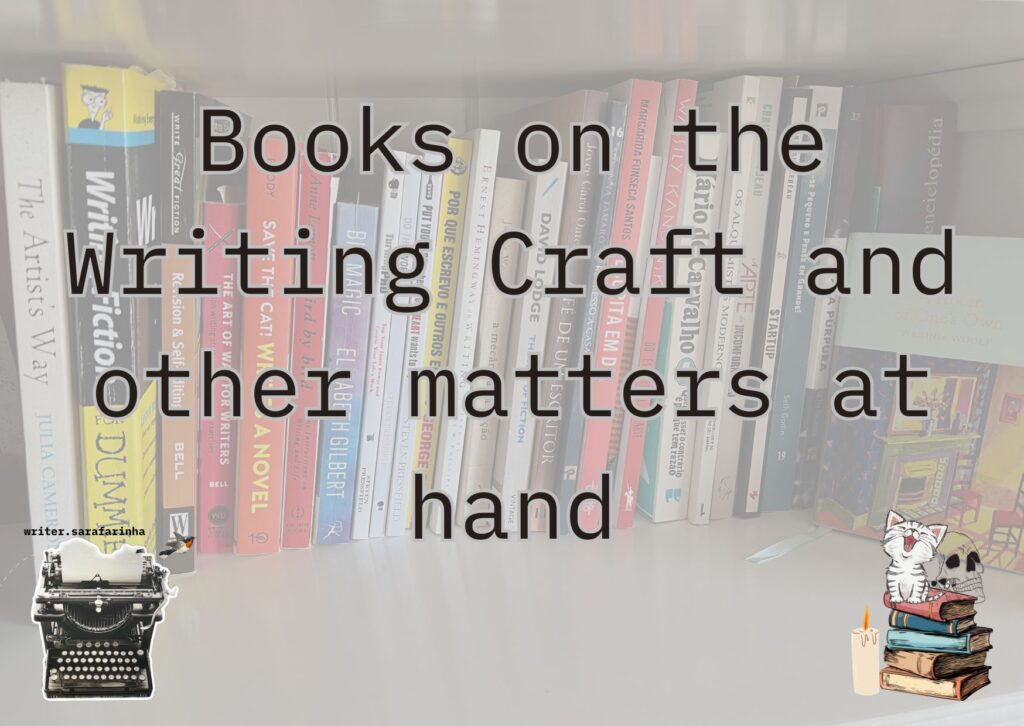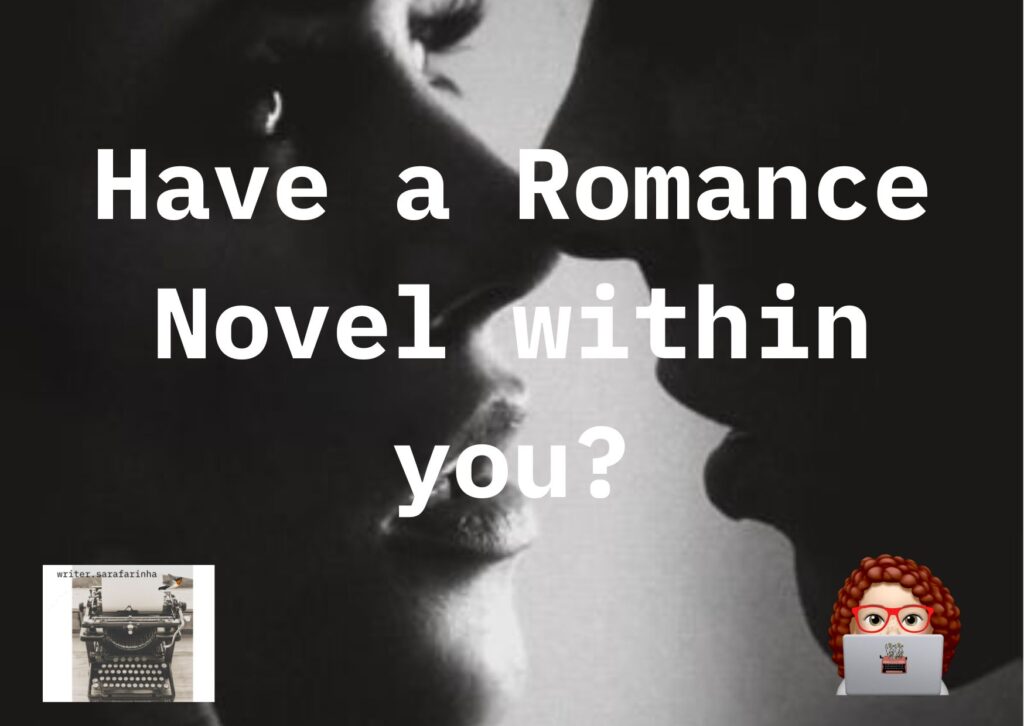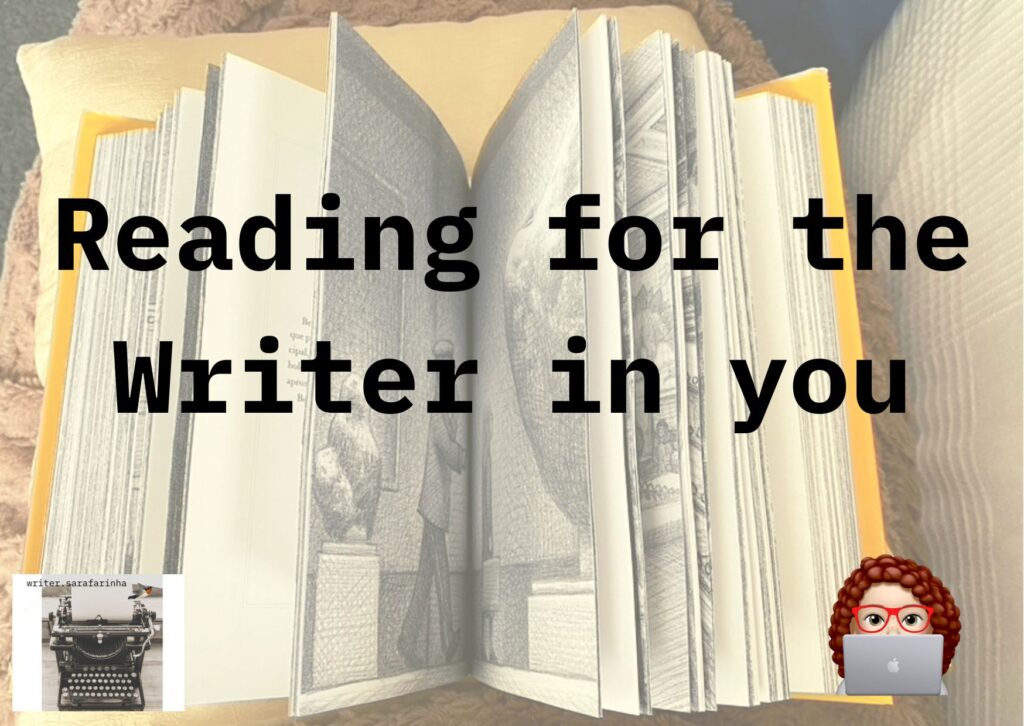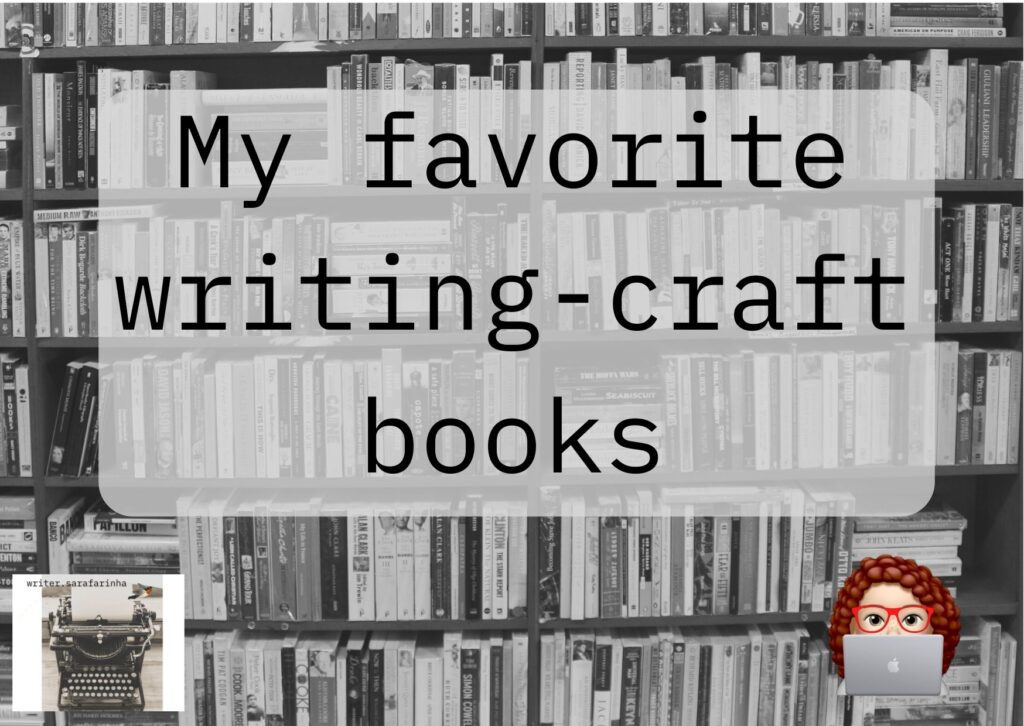
Hello all! Welcome back to this blog.
Let’s talk about writing… and reading towards our writing practice.
On this article, you’ll find some ideas about formal studies, the need to keep learning, and the books that I’ve included on my learning practice about the writing craft.
Yes, I made a list with all my 5 star reads on the writing craft. Enjoy!
And tell me more… What have you read? What are you reading? Recommend some books to me?
So… About formal studies
Formal studies teach us to read, focusing on goals. School gets us the reading practice oriented to themes, and learnings that we need, in order to perform… mostly to perform in tests, but if we have writerly aspirations, it gives backbone to our efforts.
Later, and as we exit the formal education system, all we bring with us are the systems taught, while learning the official programs.
And many of us, also bring an intense dislike by obligatory readings.
Out of school and into self-learning…
Out of school, no more learnings? No. Self-learning is part of the writing (and living) craft.
To make use of a more formal approach to learning, even if we are out of school for good, can make the diference we need, in order to write better.
After all, if we are not in the formal circles is a lot more difficult to be exposed to the basics, because it’s what school give us: the basics.
At this time, we have licence to go and study by ourselves whatever we want to learn.
Of course, that Learning is hard. Not just while in the formal teaching institution, but also by ourselves. We tend to be lenient towards what we have to do, and want to do. It takes a lot of discipline to really live the scholastic life, when we frankly don’t have to.
So we struggle.
Best versions of ourselves are hard to grasp
Trying to find things that motivate us to learn more about, or read more about, and failing on maintaining that energy is the usual cup of tea.
Also, having the means to do it (time, money, will…) is usually a hard combo to achieve. Means are usually scarce, and it’s hard to get our hands in the best version of the knowledge, we need to have access to.
And it’s just better not to bother. It’s easiest not to do it. Or to pretend to do it, and just give an half-ass efforts into it… And then we end up more hurt by trying it half way, instead of going all in.
Because we fail to see the reward, we put moderated efforts and get frustrated when things just don’t pan out as we wish. We want it all, but fail to give it our all.
A clue…
Set some order on learning efforts. Have a more organised approach to subjects and just do the time on the work. Read the book, do the training, have the workshop, write the text…
And, in the midst of setting my own learning practices, I give you the most important learning resources I have come accross in the past fifteen years.
So… I give you some books about the writing craft, that have made a difference on this learning journey. Just the 5 stars reads that were useful and fun.
Books on Writing
“Revision & Self-Editing” by James Scott Bell
About the most important aspects of writing and the impact of revisional work and self-editing our writings.
“Turning Pro” by Steven Pressfield
A motivational book identifying a force known as Resistance, and how it impacts our creative efforts.
“Letters to a Young Poet” by Rainer Maria Rilke
Some well thought advices, from a most beloved poet and letter writer, that guide us through the sacrifices that the work demands from us.
“Turning Home” by Susanna Tamaro
Reflections about living a writerly life and how her personal experiences shaped her, her longings, and her fictional writing.
“A Room of One’s Own” by Virginia Woolf
Getting to know the irony that shaped this women, in her writing acknowledgements and achievements, is a priceless lesson, humorously put.
“Word by Word” by Anne Lamott
Invaluable lessons on the most common (and abstract) problems about writing and living a writer’s life. A guide to our more common feelings towards the writing predicaments.
“Big Magic: Creative Living Beyond Fear” by Elizabeth Gilbert
Stop romanticising the hardships of the creative life. Accept the mystical of the creation act and find happiness in writing.
“Escrita em Dia” by Margarida Fonseca Santos
Useful exercises on the writing craft, helping unblock ourselves, and finding rhythms in our creative practices.
“Nobody Wants to Read Your Sh*t: Why That Is And What You Can Do About It” by Steven Pressfield
A non-nonsense way of looking to readers realities. We might as well face it and learn to do better to captivate people’s attention.
“Zen in the Art of Writing: Releasing the Creative Genius Within You” by Ray Bradbury
Inspiration and the celebration of the writing life.
“The Art of War for Writers: Fiction Writing Strategies, Tactics, and Exercises” by James Scott Bell
Strategies and thoughts on writing, through the lenses of the first manual written on war by Sun Tzu.
“The Artist’s Way: A Course in Discovering and Recovering Your Creative Self” Julia Cameron
Unstuck yourself with this 12 weeks course on how to create and be creative. Find out the easiest way to accept that we are all creatives at heart.
“Bird by Bird” by Anne Lamott
Writer’s themes are dealt with with humour and simplicity. A precious help on the more usual predicaments about the writing life. And it’s good for the non-writer’s as well.
“The Faith of a Writer” by Joyce Carol Oates
What a writer believes, and writes about, and how an honest take on the writerly issues can help us cope with this life.
“Why I Write” by George Orwell
A short essay on his motives for writing, so similar to our own, and interesting to compare to.
“Quem disser o contrário é porque tem razão” Mário de Carvalho
A Portuguese author’s take on the writing life, and writerly themes, setting the tone with: there are no absolute truths, just opinions on subjects and actions we take.
“How to Read Literature Like a Professor: A Lively and Entertaining Guide to Reading Between the Lines” by Thomas C. Foster
A funny, well versed, intelligent professor gives us the written version of his usual classes on Literature. With the so well put knowledge, we learn to see beyond the works and criticism on literary works.
“On Writing: A Memoir of the Craft” by Stephen King
A glimpse into his thoughts on the writing craft throughout the years, and his multiple experiences with being the struggling, and the successful writer.
“Writing Fiction for Dummies” by Randy Ingermanson and Peter Economy
The nuts and bolts of writing through some studied methods. This is a how to book, worth the immense time it takes to read and apprehend it fully.
There are others, but not 5 stars reviews, so I’ve kept them out of this list. These are my most precious and inspiring book on the writing craft.
Reading and self-learning efforts…
This year I have a reread already lined up, and a new book on the craft.
The reread will be “How to Read Literature Like a Professor: A Lively and Entertaining Guide to Reading Between the Lines” by Thomas C. Foster. I just got the paperback copy and want to read it in this format.
The new book is “The Elements of Style” by William Strunk, which I hope to get to soon.
Meanwhile,
I discovered some 4 stars right here on my shelf, that I feel have been neglected. I have read them, but I feel the need to reread and see what I missed on the first time, that made me give them a 4 star rating. These are:
“Ernest Hemingway on Writing”, edited by Larry W. Phillips
Some quotes and curated excerpts of Hemingway’s works related to the writing craft and his practices.
“How Fiction Works” by James Wood
A literary essay on criticism, literary artefacts and craft tricks writers use to deliver their messages.
“The Art of Fiction” by David Lodge
Prose for the newspaper readers, as he gathers a topic from a well-known novel and uses his literary experience to enlighten and delight the common reader.
I feel all of these need a second turn on my reading radar.
Getting Back to the basics…
I have wanted to be exposed to the basics, and I’m working through some kind of writing bibliography, in tandem with reading fiction.
But I feel I need to have a more dedicated study practice. And this is something to chew on for a while… Set some guidelines and do the work. I’ll let you know how this goes on future blog posts.
See you next week! And, meanwhile you may checkout my social media and subscribe to this blog.


